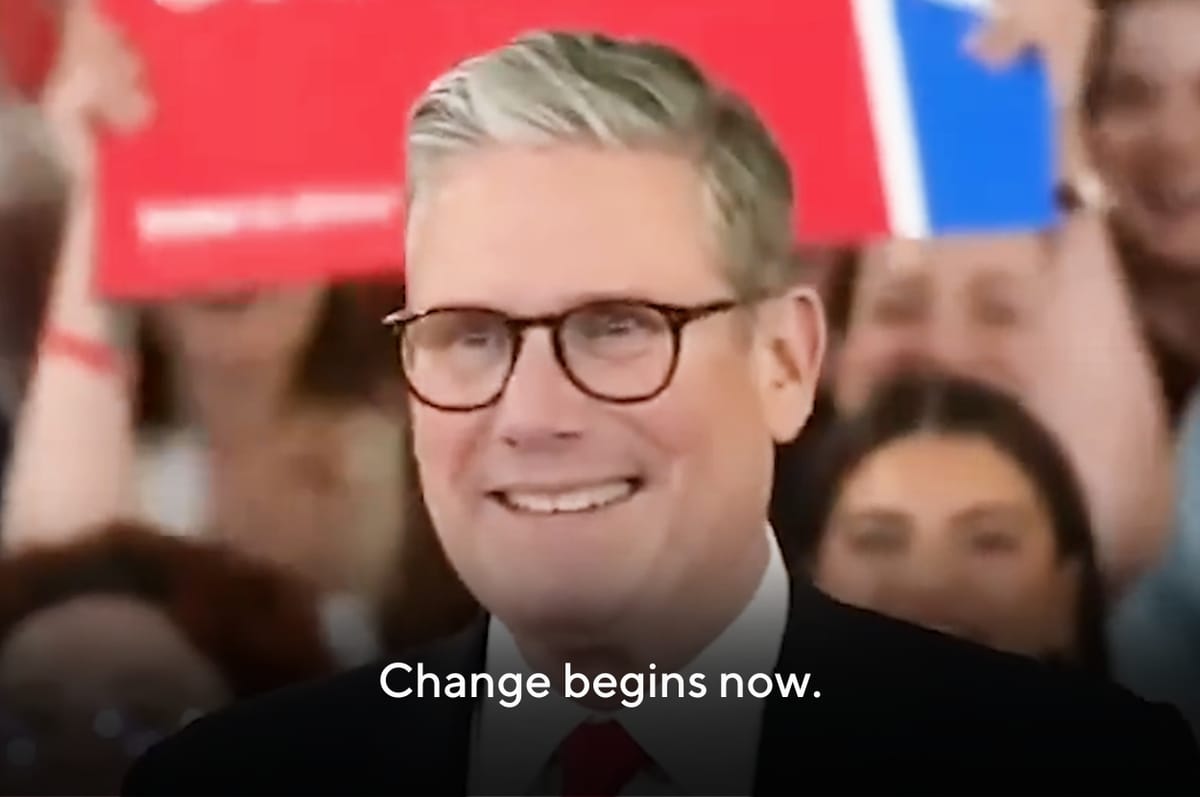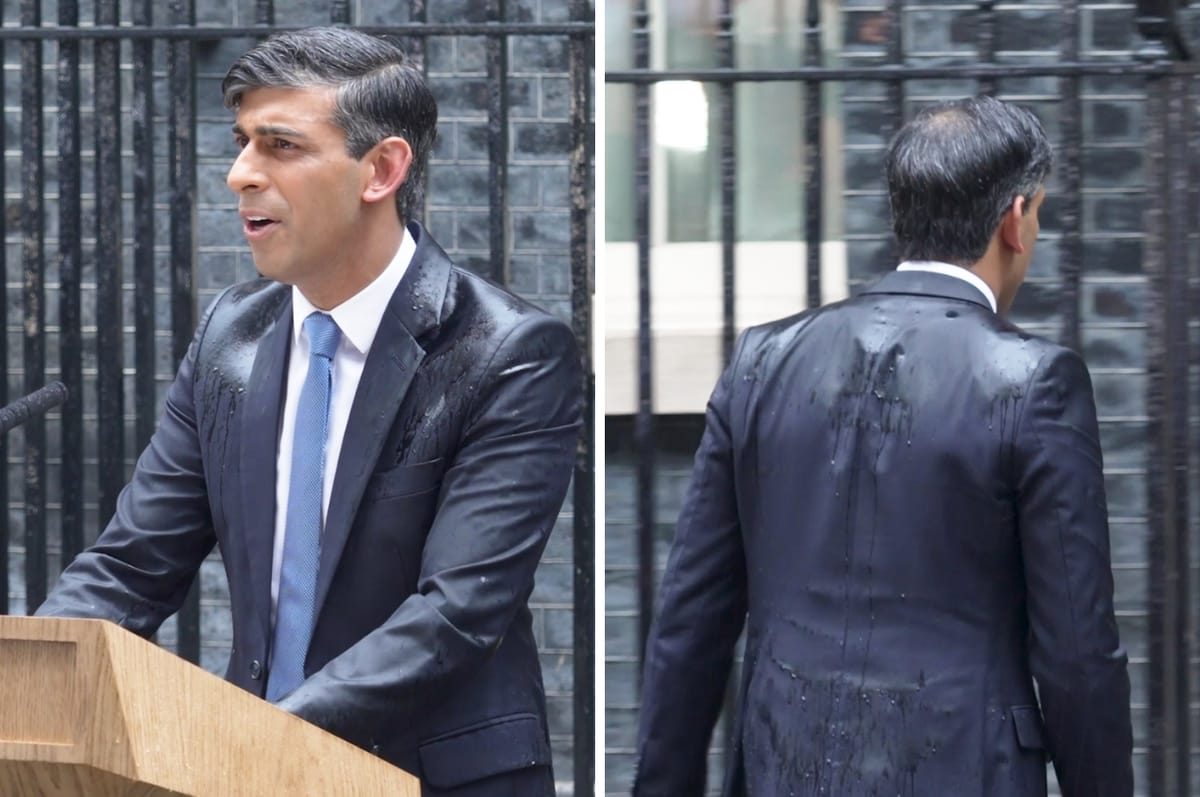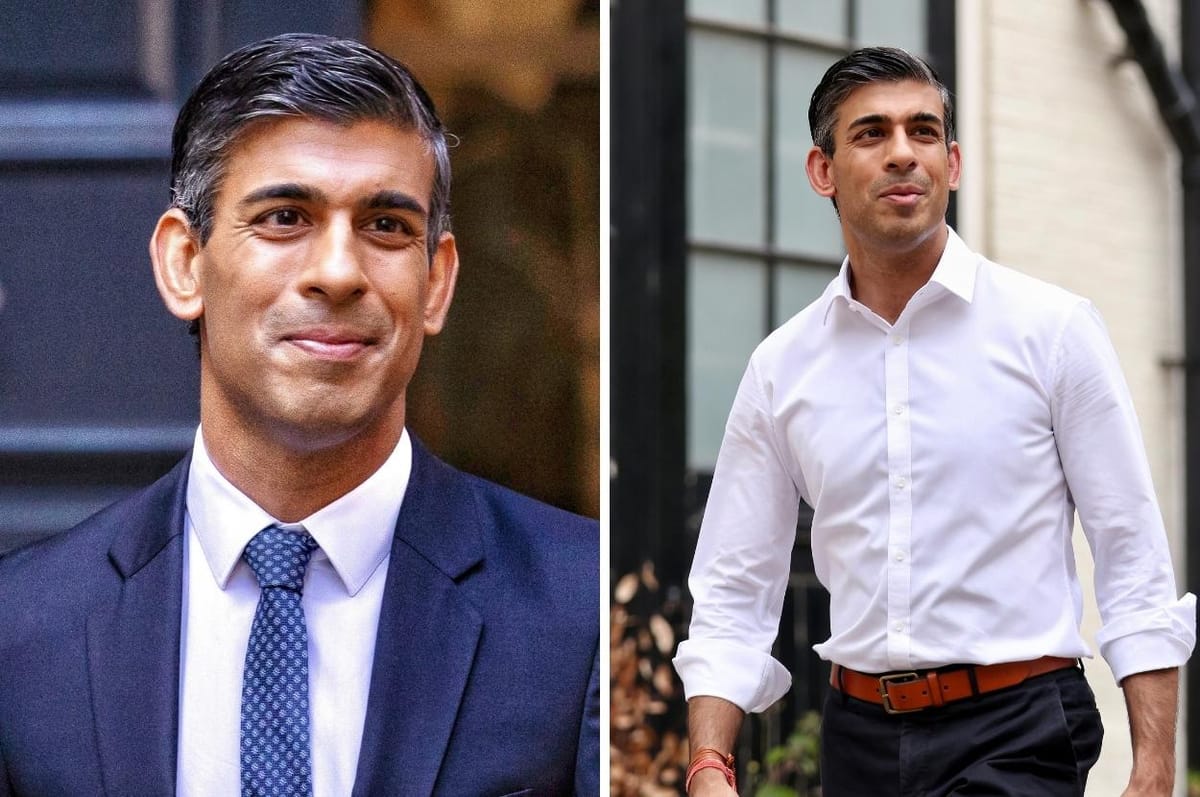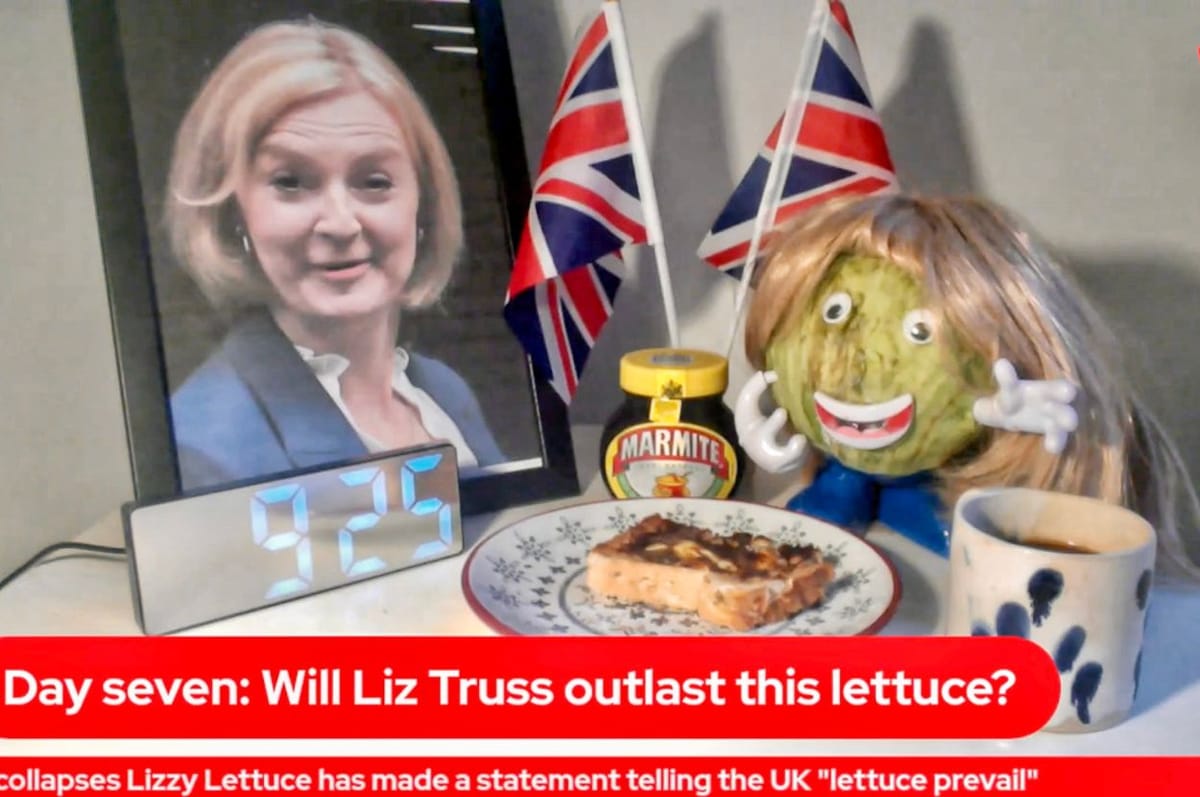After 14 Years, The UK Has Voted Out The Conservative Government And Elected A Center-Left Leader
Labour Party leader Keir Starmer pledged in his victory speech that Labour will prioritize "country first, party second" in everything it does.

People in the UK have voted out the conservative government and overwhelmingly elected a center-left prime minister, bringing an end to 14 years of Conservative Party rule.
Keir Starmer, the 61-year-old leader of the Labour Party, will assume office as the next prime minister of the UK after outgoing prime minister Rishi Sunak conceded defeat in the country’s general elections on Thursday July 4.
The Labour Party stormed to power in a landslide victory by securing more than 400 seats, surpassing the 326-seat majority mark in the 650-seat parliament, results showed on Friday, July 5.
On the other hand, Sunak’s Conservative Party managed to secure only around 112 seats.
With Israel’s ongoing genocide in Gaza, many voters turned to independent parties as Starmer did not vote for an immediate ceasefire in Gaza in early 2024.
Ex-Labour leader Jeremy Corbyn, who has publicly voiced his support for Gaza, was elected as a member of parliament in his constituency in London as an independent, winning by more than 7,000 votes.
Reform UK, a far-right party that campaigned on issues such as being anti-immigration, won four seats in parliament, with party leader Nigel Farage officially gaining a seat as a member of parliament after his eighth attempt.
“We did it. You campaigned for it, fought for it, voted for it, and now it has arrived. Change begins now,” Starmer said in his victory speech.
Addressing a crowd of supporters at a victory rally in central London, Starmer, a former human rights lawyer, also said that after four and a half years of work to change the party, the new Labour party is determined to reclaim Britain to the service of the working people.
“Now, we can look forward (and) walk into the morning. The sunlight of hope, pale at first, but getting stronger through the day, shining once again on a country with the opportunity after 14 years to get its future back,” he said as the crowd erupted into applause and cheers.
“Our task is nothing less than renewing the ideas that hold this country together, national renewal,” he said. “Whoever you are, wherever you started in life, if you work hard, if you play by the rules, this country should give you a fair chance to get on. It should always respect your contribution, and we have to restore that,” Starmer said.
While thanking all his party workers and supporters for their efforts into revamping the party, Starmer also said that such a mandate comes with great responsibility, pledging that Labour will prioritize "country first, party second" in everything it does.
Voters had rejected the Conservative Party due to factors such as the cost-of-living crisis, ongoing instability, and internal disagreements within the party, worsened by the turnover of five different prime ministers since the Brexit vote in 2016.
Starmer has pledged to address issues such as prioritizing economic growth, not raising taxes, fixing the UK’s National Health Service, improving education and investing in renewable energy.
Starmer will be sworn in as the prime minister following a ceremony on Friday July 4, during which King Charles III will officially invite him to establish a new government.
More On UK Politics









